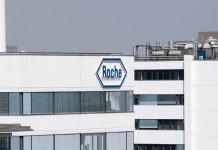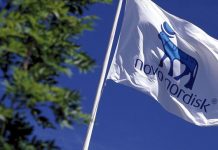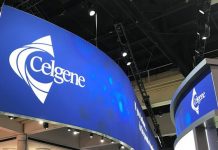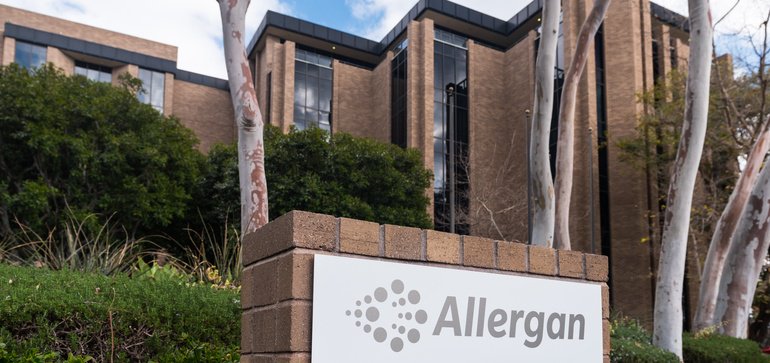AbbVie CEO Rick Gonzalez finally achieved the overseas acquisition that he sought five years ago. But his deal for Allergan comes too late to have much impact on the company’s taxes, as was the goal with AbbVie’s abortive 2014 play for the then Ireland-based Shire.
AbbVie’s attempt to buy Shire, which has since been acquired by Takeda, was one of three big attempts by U.S. pharma companies this decade to “invert” their legal nationality overseas for the express, or at least implicit, goal of lowered tax rates.
But if the $63 billion deal for Allergan that AbbVie announced Tuesday goes through, the combined company would stay in the U.S. — a departure from both AbbVie’s nixed Shire bid and Pfizer’s failed attempt to buy the Irish Botox maker in 2015.
Major tax cuts enacted a year and a half ago, along with regulatory changes following those two earlier deal bids, make moving overseas much less attractive. As a result, a combined AbbVie and Allergan would have its principal corporate offices in North Chicago, Illinois, and remain incorporated in Delaware as AbbVie, Inc.
Analysts estimate the new AbbVie would have a tax rate of about 12%, roughly similar to the Irish statutory rate. AbbVie’s tax rate for the first quarter of 2019 was 7.9% and Allergan’s 12.8%.
Both the Pfizer-Allergan and AbbVie-Shire deals fell apart after moves by the U.S. Internal Revenue Service to tighten rules on inversions, making the financial engineering less attractive to the acquiring companies. Those rules involved changing how ownership shares were calculated and the use of overseas cash for purposes of legally qualifying for a corporate change of nationality.
The third major pharma attempt at a corporate inversion this decade was Pfizer’s 2014 bid to buy AstraZeneca, which successfully staved off the U.S. drugmaker’s overtures.
Passage of the Tax Cut and Jobs Act (TCJA) in 2017 further weakened the attraction of an overseas tax home for U.S. companies. The law lowered the U.S. statutory corporate income tax rate from 35% to 21%, and reduced taxes on overseas profits.
Indeed, if anything, moving AbbVie’s legal domicile from North Chicago to Dublin might be a financial loser.
Overseas profits for U.S.-based companies are now subject to lower taxes: effectively 5% on “excessive” earnings thought to be related to intellectual property. For companies that have housed intellectual property in an overseas subsidiary to take advantage of reduced corporate tax rates, there is a 10% levy on outbound payments used to disguise U.S.-based income.
And the TCJA included some strict anti-inversion language, in effect keeping in place many of the pre-TCJA taxation regimes for companies that decide to migrate overseas, such as maintaining the 35% rate on profits and taxing dividends as normal income.
“I don’t know if it’s the end of inversions, but I think for that reason and also the fact that there’s [lower] tax on bringing back profits, there’s less incentive,” Eric Toder, co-director of the Urban-Brookings Tax Policy Center, told BioPharma Dive.
As a matter of policy, Toder does not see these changes in tax law as spurring economic growth, one of the justifications for altering the treatment of overseas income. “This is not necessarily bringing back jobs and economic activity, but is bringing back the reporting to the U.S.,” he said.
AbbVie’s proposed buy of Allergan, while keeping the combined company in the U.S., might not result in more jobs either. The companies expect to save $2 billion in costs by the third year following deal closing, including cuts to R&D spending, and general and administrative expenses.








